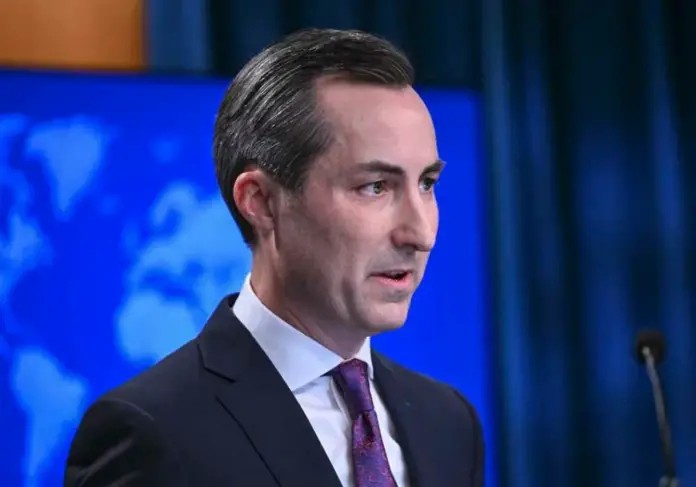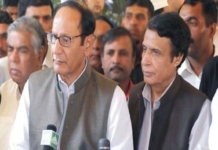The United States said it was aware of Pakistan’s energy challenges, adding that addressing Pakistan’s energy shortage remains a priority for Washington, The News reported on Thursday.
State Department spokesperson Matthew Miller underscored the US’s dedication to helping Pakistan overcome its energy crisis during a press briefing. Miller’s comments came in response to queries regarding US assistance to Pakistan in meeting its energy needs, amid Washington’s opposition to the Pakistan-Iran gas pipeline.
Despite US opposition to the bilateral gas pipeline agreement between Islamabad and Tehran, Miller reiterated the US’s commitment to aiding Pakistan with its energy shortfall. The project, facing a decade-long delay, was originally slated for completion in 2015.
Pakistan’s economic difficulties, exacerbated by a depreciating local currency and dwindling foreign reserves, have led to escalating utility bills and a worsening energy crisis. Consequently, Pakistan finds itself grappling with limited options to satisfy its growing energy demands.
Moreover, Pakistan risks incurring an $18 billion penalty for failing to fulfill its end of the agreement, which entails completing the 781-kilometre pipeline from the Iranian border to Nawabshah and consuming 750 million cubic feet of gas per day.
Despite facing delays since 2014, the project continues to encounter setbacks. Iran recently issued its third notice to Pakistan, expressing its intention to seek arbitration due to Pakistan’s failure to lay down the pipeline within its territory.
In response, Petroleum Minister Musadik Malik vowed to vigorously contest the case and seek exemption from US sanctions by presenting both technical and political arguments.
Highlighting US support for Pakistan’s energy requirements, Miller mentioned that the US has facilitated the addition of approximately 4,000 megawatts of clean energy capacity in Pakistan. These projects have significantly enhanced the nation’s electricity capacity, benefiting millions of Pakistani households.
Furthermore, Miller highlighted the United States-Pakistan Green Alliance, a collaborative initiative aimed at addressing environmental challenges, particularly in water management, climate-smart agriculture, and renewable energy.







